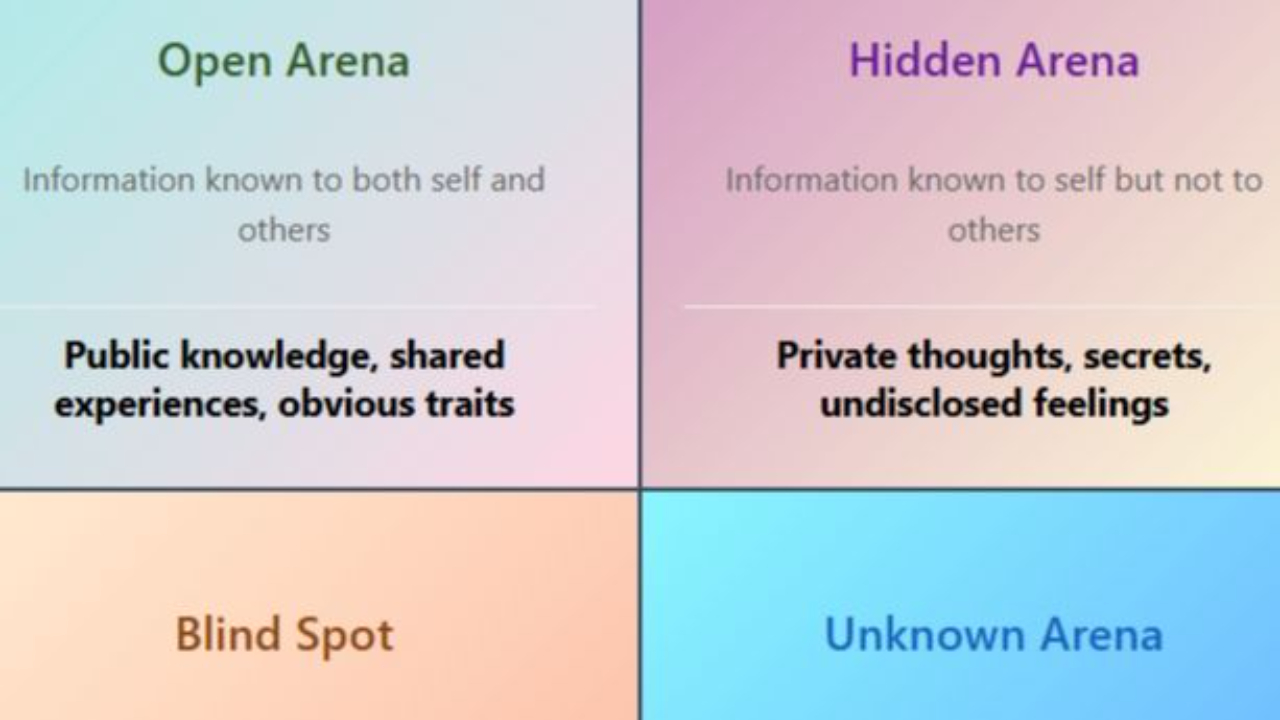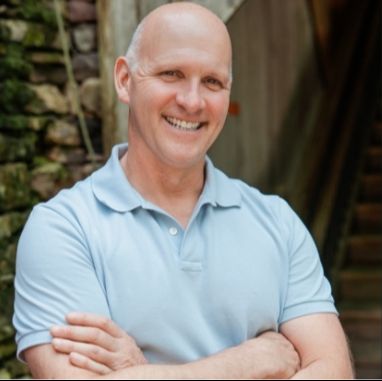BLOG SERIES— Be Better: Executive Burnout Reset
Tackling Personal and Professional Blind Spots with the Johari Window
Aug 29, 2025

Blind spots—those unseen areas in our personal and professional lives—are everywhere. No one is perfect, and everyone has vulnerabilities and insecurities they might not even be aware of. Recognizing and addressing these blind spots is essential for growth, both individually and within teams. But how do we uncover what we can’t see ourselves? The answer lies in creating a safe environment for feedback and using tools like the Johari Window to facilitate open, constructive conversations.
The Importance of a Safe Environment
Before blind spots can be addressed, it’s crucial to establish a culture of trust and safety. People need to feel comfortable exposing their vulnerabilities without fear of judgment or reprisal. This safe space allows individuals to share their struggles and insecurities openly and encourages team members to call each other out respectfully when blind spots arise.
Leadership teams, in particular, must prioritize this. While strategic objectives are ...


